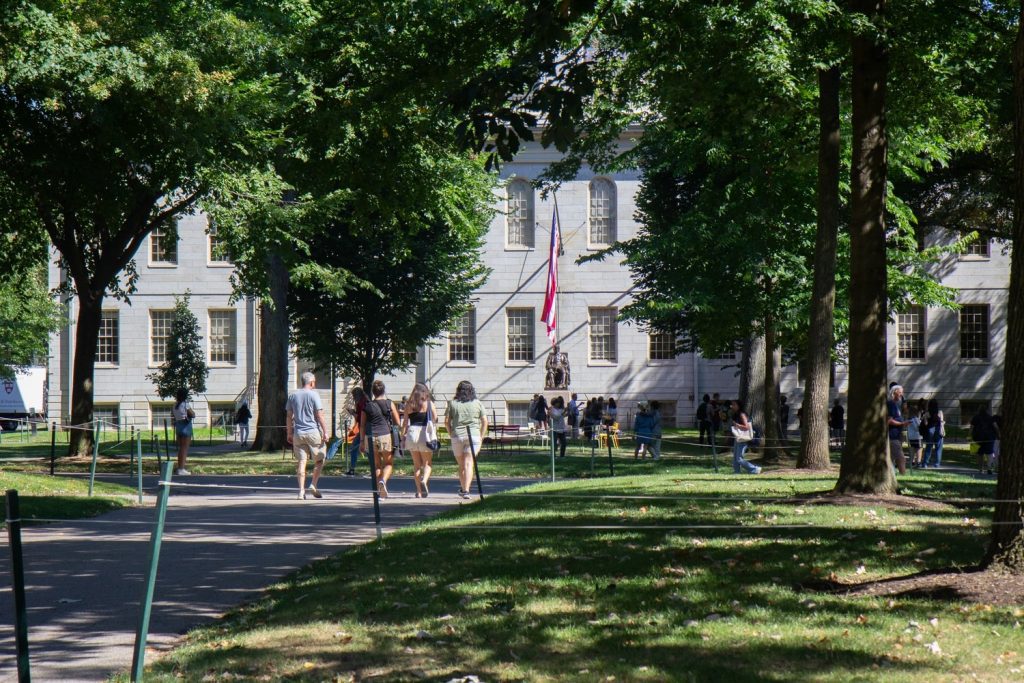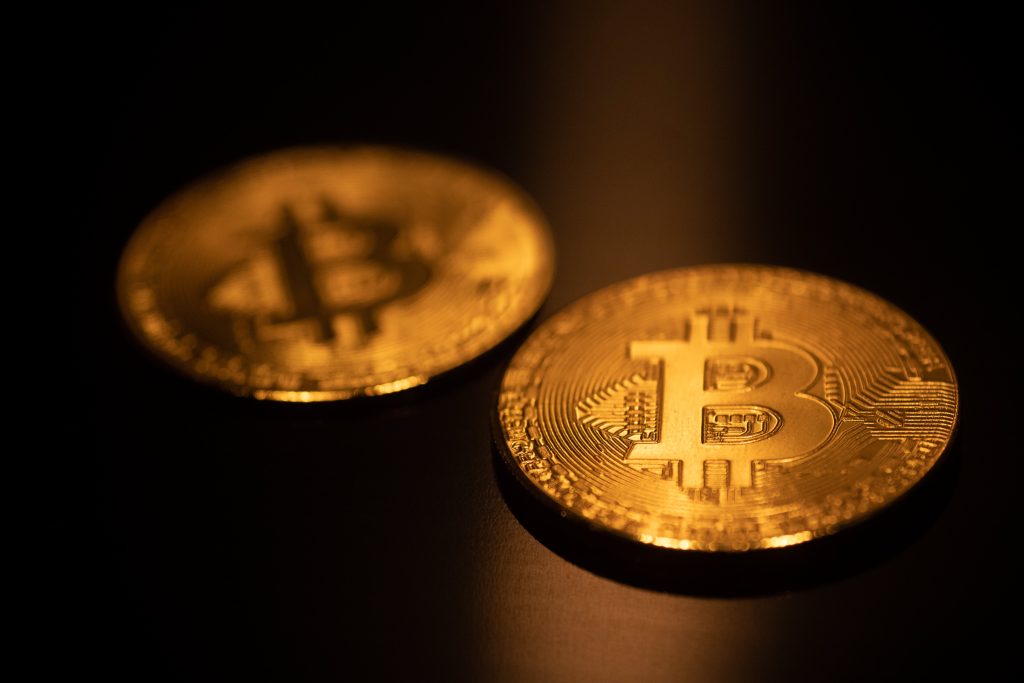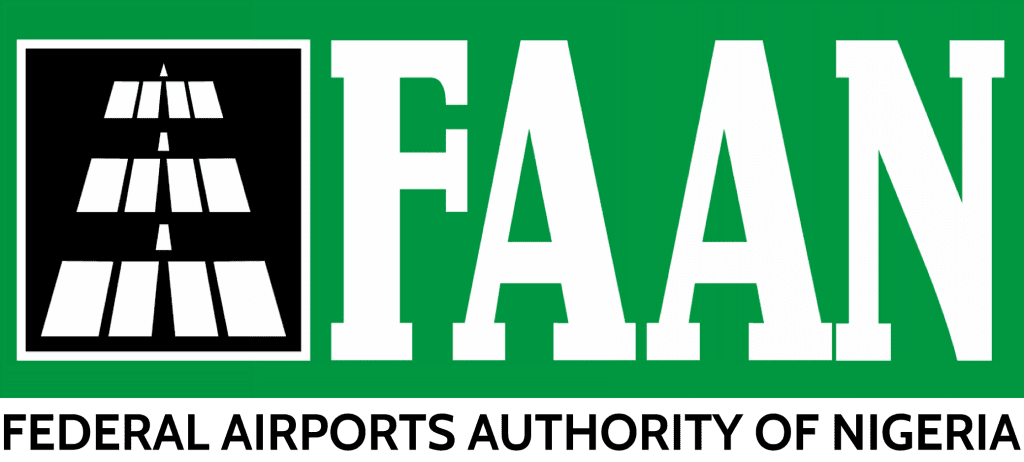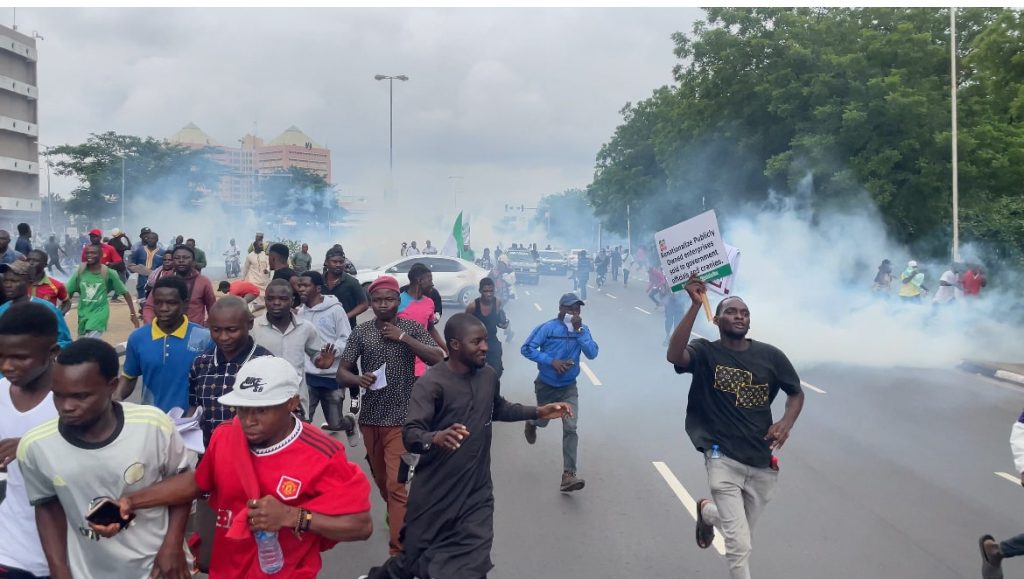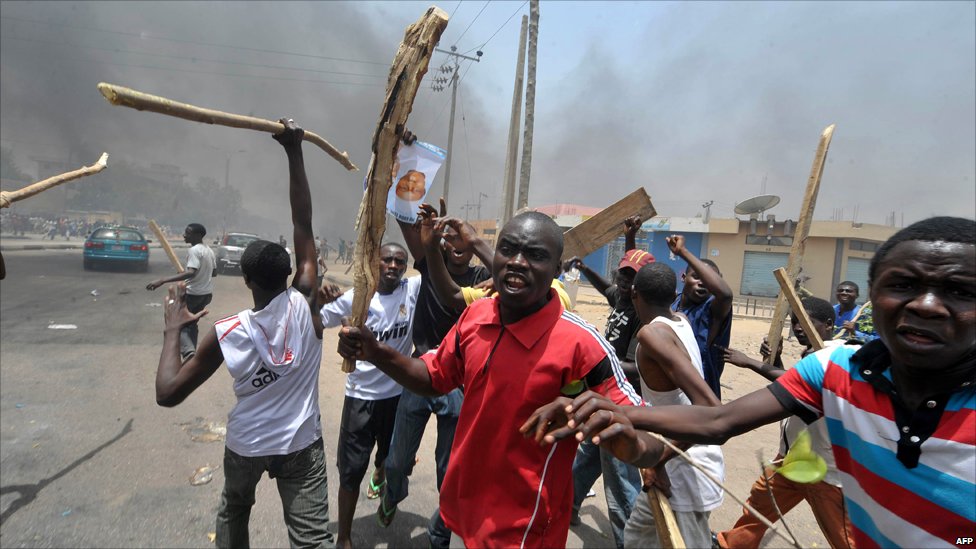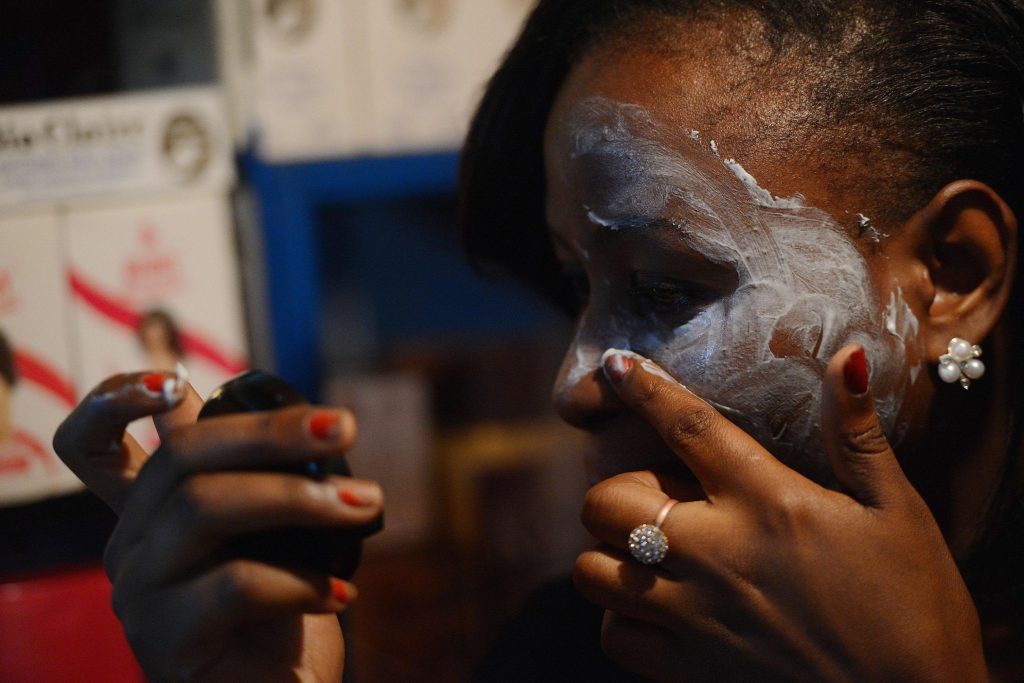In a rapidly unfolding development reflecting growing scrutiny of international students involved in political activism, Harvard University has confirmed that several of its international students and recent graduates have had their visas unexpectedly revoked. This revelation comes amid a broader federal initiative targeting foreign nationals with alleged links to pro-Palestine protests and perceived national security concerns.
Visa Revocations at Harvard Discovered Through Internal Review
According to a recent email from the Harvard International Office (HIO) sent to members of the university’s international student community, the institution identified the visa terminations during a “routine records review.” The communication confirmed that three current students and two recent graduates had their U.S. student visas revoked. However, it stopped short of disclosing their identities, citing concerns for personal privacy.
“We are not aware of the details of the revocations or the reasons for them,” the email noted, “but we understand that comparable numbers of students and scholars in institutions across the country have experienced similar status changes in roughly the same timeframe.”
This marks the first public indication that Harvard students have become entangled in the Trump administration’s growing visa enforcement efforts, especially in connection with pro-Palestine demonstrations and activism.
Federal Pressure and National Sweep of Visa Terminations
The Trump administration, which has taken a hardline stance on immigration enforcement, has ramped up efforts to identify and deport international students and academic personnel allegedly involved in protests, particularly those expressing support for Palestine or criticizing U.S. foreign policy in the Middle East.
On March 27, Secretary of State Marco Rubio announced that over 300 visas had been revoked in recent weeks. Though he provided limited details, Rubio linked the revocations to concerns over “activities that threaten national security or public order.” Days later, he declared that the U.S. would revoke all visas held by South Sudanese nationals, though that move appears to be part of a separate initiative.
Rubio’s statements, though brief, confirm a coordinated federal push that has left students, scholars, and university administrators scrambling for answers and legal support.
Harvard Administrators Left in the Dark
The visa revocations appear to have taken university leaders by surprise. When Crimson reporters approached Harvard Corporation fellows Carolyn A. “Biddy” Martin and Shirley M. Tilghman on Sunday—shortly after the HIO email was sent—they acknowledged having no prior knowledge of the incident.
“We’ve been in meetings all day,” the Corporation members responded, indicating that even Harvard’s highest governing body had not yet been briefed on the situation.
This lack of institutional awareness mirrors what other universities have experienced. Across the U.S., college administrators are learning about visa revocations not through government alerts, but via internal SEVIS database audits—typically conducted to ensure compliance with federal immigration requirements.
A Growing List of Victims: Beyond Harvard
Harvard is the latest in a series of top-tier universities caught up in a wave of sudden visa cancellations. Just days prior, the University of Massachusetts Amherst announced that five of its international students had experienced similar revocations. Minnesota State University, Cornell, Arizona State University, North Carolina State University, the University of Texas, and others have issued comparable reports in recent weeks.
This coordinated pattern suggests a broader, systematic campaign targeting specific categories of students—particularly those hailing from Muslim-majority countries or those publicly aligned with political movements seen as controversial by U.S. authorities.
While some visa cancellations appear to be based on speech or participation in protests, others seem to stem from administrative or technical infractions. One case mentioned in the HIO email referenced a student losing their visa due to a traffic violation—an unusual precedent that further clouds the legal basis for these decisions.
Recent Arrests Intensify Public Concern
The visa revocations are not occurring in a vacuum. Several recent arrests have intensified public concern that immigration enforcement is being used as a tool to silence political expression.
Tufts University Ph.D. student Rumeysa Ozturk, a Turkish citizen and vocal pro-Palestinian activist, was arrested by ICE officials near her home in Somerville less than two weeks ago. Her visa was subsequently revoked. According to a spokesperson from the U.S. Department of Homeland Security, Ozturk was accused of engaging in activities that supported Hamas—a U.S.-designated terrorist organization.
Earlier this year, Harvard Medical School researcher and Russian citizen Kseniia Petrova had her visa rescinded and was detained by ICE in Louisiana. In her case, officials cited a failure to properly declare frog embryos she had transported into the country—a violation of biological import regulations. Despite the seemingly minor nature of the infraction, Petrova remains in federal custody, fueling questions about proportionality and due process.
Harvard’s Public Response: Support for International Students
In its communication, the HIO reaffirmed Harvard’s support for the international community on campus, highlighting the critical role that foreign students and researchers play in the university’s global mission.
“Harvard deeply values the international students and scholars who travel here to learn and grow,” the HIO email stated. “The talent they bring to campus each day increases our ability to advance world-class discovery in fields that have meaningful impact on people’s lives.”
The statement also emphasized the importance of cross-cultural exchange and discourse, a value that is increasingly under strain in the current political climate.
A Future of Increased Uncertainty and Legal Challenges
The broader implications of these visa revocations are far-reaching. Legal scholars warn that revoking visas without due process—especially for students who have not been formally charged with a crime—may violate constitutional protections, including freedom of speech and equal protection under the law.
“This isn’t just about immigration,” said civil rights attorney Layla Omar. “It’s about whether the federal government can use immigration status as a means to punish political dissent. If students are being targeted simply for their views, we’re entering dangerous territory.”
Harvard and other universities may soon be forced to take stronger public stances or provide legal support for affected students. University-based legal clinics and outside advocacy groups are already beginning to organize in response.
International Education Under Threat?
This wave of visa revocations could have lasting consequences for U.S. higher education. International students contribute significantly not only to campus diversity and research excellence but also to the U.S. economy. According to NAFSA, the association of international educators, foreign students contributed nearly $38 billion to the U.S. economy in the 2022–2023 academic year.
However, continued visa uncertainty could push prospective students to seek education in countries perceived to be more politically stable or welcoming, such as Canada, the UK, or Australia.
Conclusion: An Evolving Crisis with National Ramifications
As of now, the full scope of the Trump administration’s visa revocation strategy remains unclear. What is certain, however, is that Harvard’s confirmation adds a high-profile dimension to an already fraught national conversation around civil liberties, immigration, and academic freedom.
With tensions escalating and more universities finding themselves entangled in similar incidents, this issue will likely dominate discussions in higher education and immigration policy circles in the months ahead. Whether universities can shield their students from political retaliation—or whether they, too, will be forced to comply silently—remains to be seen.

